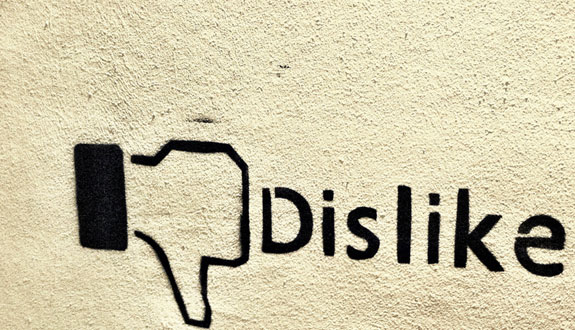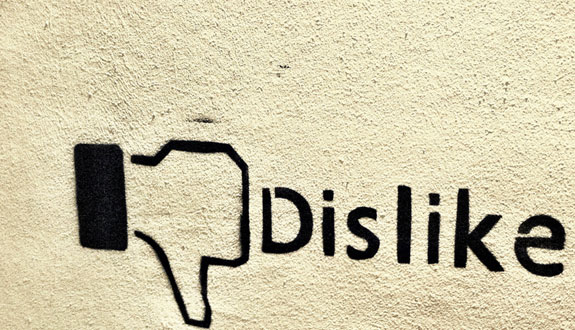LSAC Picks Up Its Marbles and Storms Off.
- by
- Aug 20, 2016
- Law School, Law School Admissions
- Reviewed by: Matt Riley


As the number of LSAT takers has been going down, some law schools have gotten creative. The move? Just admit applicants who’ve never taken the LSAT. Brilliant.
LSAC, is not a fan. To prove that this is a very bad idea, LSAC is flexing its muscle.
You see, law schools have to report their LSAT and GPA 25th and 75th percentile ranges to the ABA. But the ABA doesn’t trust law schools not to cheat—and it’s law students that have to take ethics courses? Sheesh. To ensure law schools don’t cheat, LSAC has up ‘til now been certifying the accuracy of the reported ranges, free of charge. But it has had a change of heart.
Now that some law schools will be admitting a significant portion of non-LSAT students, LSAC says that its certification service cannot be sustained. LSAC’s fear is that law schools will fill up on low GRE or low MBA score students, instead of low LSAT score students, thereby boosting their 25th and 75th percentiles. So LSAC is just not going to certify the LSAT and GPA ranges anymore.
The idea is to pressure the ABA to come down on law schools and back the LSAC in requiring “substantially all” (what?) law school applicants to take the LSAT, or else the ABA has to deal with potential cheater law schools on its own.
What does all this mean for you? Hopefully nothing. If you’re applying to law school without an LSAT score, I just hope you’ve done your homework first and aren’t applying on a whim. If you have, and you want to go the non-LSAT route, go for it. No one knows your pain threshold better than you.
If you’ve already taken the LSAT and regret it—thinking, ah shucks I could have just used my GRE score—or you’re postponing your LSAT hoping you’ll gain admission without one, you should think again. Most law schools worth going to will require you take the LSAT to gain admission. An LSAT score will also be your best chance at ball-parking how you’ll do at law school—combined with your GPA an LSAT score is a great predictor of your 1L grades.
But do keep an eye out on this fighting between LSAC and the law schools. It might end up in court with the law schools suing LSAC for antitrust violations.
Search the Blog

Free LSAT Practice Account
Sign up for a free Blueprint LSAT account and get access to a free trial of the Self-Paced Course and a free practice LSAT with a detailed score report, mind-blowing analytics, and explanatory videos.
Learn More
Popular Posts
-
logic games Game Over: LSAC Says Farewell to Logic Games
-
General LSAT Advice How to Get a 180 on the LSAT
-
Entertainment Revisiting Elle's LSAT Journey from Legally Blonde








